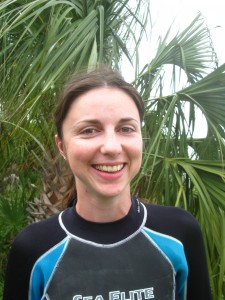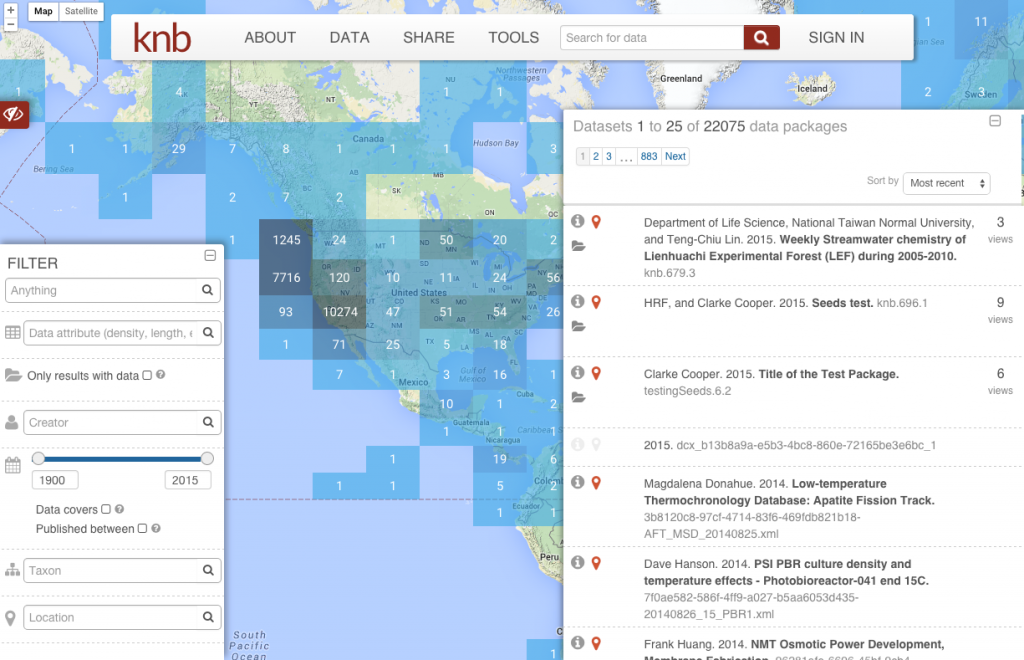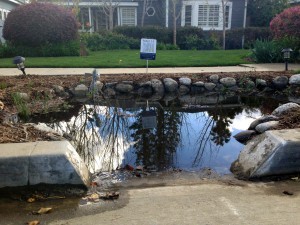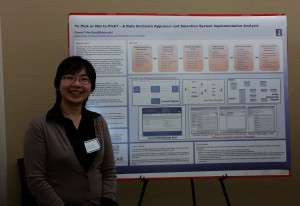Join us for our June 3rd Roundtable with Colette Ward, who will be presenting on her PhD research!
What goes up must come down: Implications of increasing productivity for aquatic food webs
Ecologists have long sought to understand the effects of productivity on community structure, and the question remains of pressing importance given contemporary patterns of anthropogenic change. Extensive debate has revolved around bottom-up and top-down hypotheses for community response to productivity, with the latter now dominating our conceptualization of this question in aquatic ecosystems. Key to this discourse is the principle that, in the absence of bottlenecks to vertical energy flux, top-down control is a fundamental response of communities to rising productivity and becomes stronger across productivity gradients. Here I show that this principle, when projected onto commonly occurring food web motifs (community modules), readily predicts common violations of fundamental assumptions of classical top-down hypotheses, and, by extension, that community responses to rising productivity are not conserved across productivity gradients but are instead context-dependent.
Using 23 large marine food webs I show that food web responses to productivity arise from within-food chain processes at low productivity and increasingly from multi-chain processes with increasing productivity. This shift unfolds as primary production is increasingly directed into bottom-up controlled detritus channels, subsidizing generalist predators, which in turn exert top-down control on herbivores in an apparent trophic cascade. Using theory and empirical data from whole lake and marine food webs I show that the effect of productivity on food chain length (FCL) is also context-dependent: FCL should increase over ranges of low productivity and decline over ranges of high productivity as increasingly top-heavy biomass pyramids favor omnivory; at intermediate productivity, FCL should be driven instead by ecosystem size. Overall this work suggests that, in contrast to conventional thinking, mechanisms of aquatic community response to productivity are not conserved across productivity gradients and are instead readily predicted by a simple community module framework.





